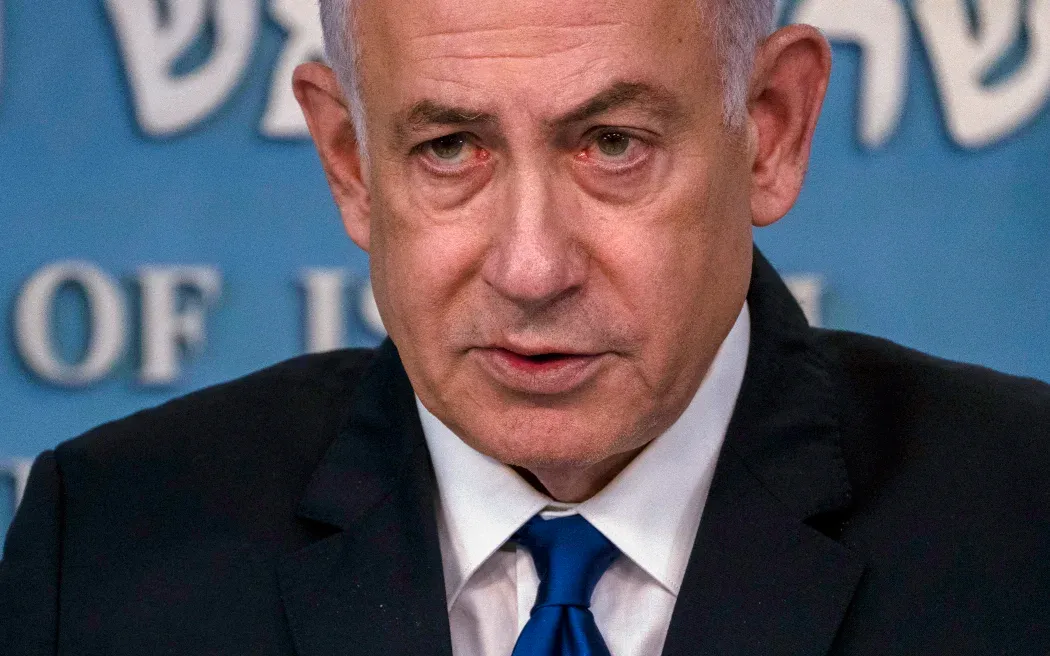The International Criminal Court has issued a historic arrest warrant for Israeli Prime Minister Benjamin Netanyahu and former Defence Minister Yoav Gallant over alleged war crimes. This development marks a significant shift in the global response to the ongoing conflict between Israelis and Palestinians.
Understanding The Main Concept
The ICC, based in The Hague, Netherlands, has jurisdiction over war crimes committed on the territory of a state that has ratified the Rome Statute, which Israel did not do. However, the court claims jurisdiction over territories Israel occupies, including Gaza, East Jerusalem, and the West Bank, following the Palestinian leadership’s formal agreement to be bound by the court’s founding principles in 2015.
Key Facts About the Arrest Warrant
• Netanyahu and Gallant are accused of war crimes, including “starvation as a method of warfare” and “the crimes against humanity of murder, persecution, and other inhumane acts.”
• The ICC found “reasonable grounds” to believe that Netanyahu bears criminal responsibility for these alleged crimes.
• The warrants mark a historic first, making Netanyahu the first Israeli leader summoned by an international court for alleged actions against Palestinians.
Israeli Response and Reactions
The prime minister’s office dismissed the warrants as “absurd and antisemitic.” President Isaac Herzog described the decision as “a dark day for justice. A dark day for humanity.”
Far-right Minister of National Security Itamar Ben Gvir condemned the ICC as “antisemitic from start to finish,” adding that Israel should respond by “applying sovereignty” to the occupied West Bank and building Jewish settlements in all the territories under Israel’s control.
Implications and Potential Consequences
• The 124 state parties to the ICC, which include most of Israel’s closest allies, would be legally obligated to arrest Netanyahu and Gallant should they be present in their territories.
• There may also be wider implications, including limitations on the ability of third parties to cooperate with the Israeli military.
Background and Context
The International Criminal Court has issued 56 arrest warrants, resulting in 21 detentions and appearances before the court. Another 27 people remain at large and charges have been dropped against seven people due to their deaths.
President-elect Donald Trump imposed sanctions on the former ICC chief prosecutor during his first term in office.
Understanding The Historical Context
The ongoing conflict between Israelis and Palestinians has led to numerous allegations of war crimes, including alleged abuses by both sides. The ICC’s decision marks a significant step forward in holding those responsible accountable for their actions.
How This Works In Practice
• The ICC relies on member states to execute arrest warrants, which state parties are legally obliged to do.
• Previous leaders who have been faced with ICC arrest warrants have experienced limitations on their ability to travel, unable to pass through countries legally obliged to arrest them.
Why This Matters For Business and Global Politics
The ICC’s decision highlights the importance of international cooperation and accountability in addressing human rights abuses. It also underscores the need for governments to prioritize justice and respect for human rights in their foreign policies.
The implications of this decision will be closely watched by governments, businesses, and civil society organizations around the world.
Future Developments and Potential Outcomes
• The ICC may issue additional arrest warrants or appeals related to Netanyahu and Gallant’s alleged crimes.
• The Israeli government may respond with diplomatic efforts to block the execution of the arrest warrants.
• The international community may continue to call for a peaceful resolution to the conflict, with increased emphasis on accountability and justice for all parties involved.

0 Comments